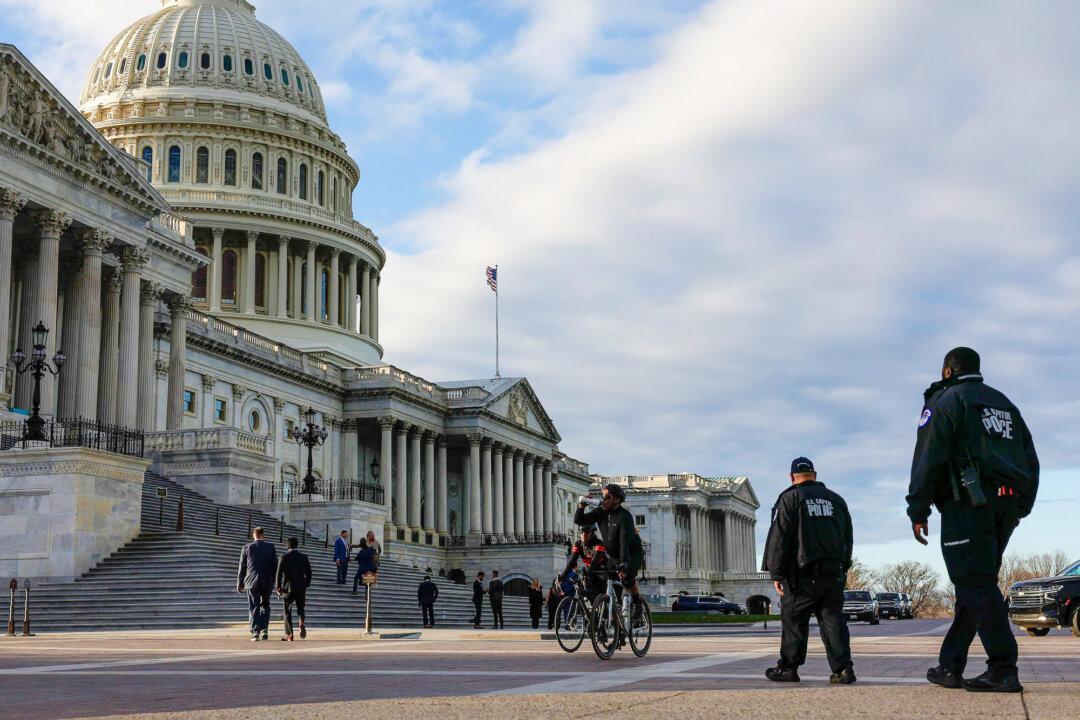The lower set of steps leading to the eastern entrances of the U.S. Capitol building is a “traditional public forum” open for First Amendment expressions such as prayers, a federal judge ruled on May 17.
In a 28-page opinion, Chief Judge Hames Boasberg of the U.S. District Court for the District of Columbia ruled in favor of the Rev. Patrick Mahoney, a Christian activist who has persistently challenged the limitations on demonstration activity all over the Capitol grounds.





